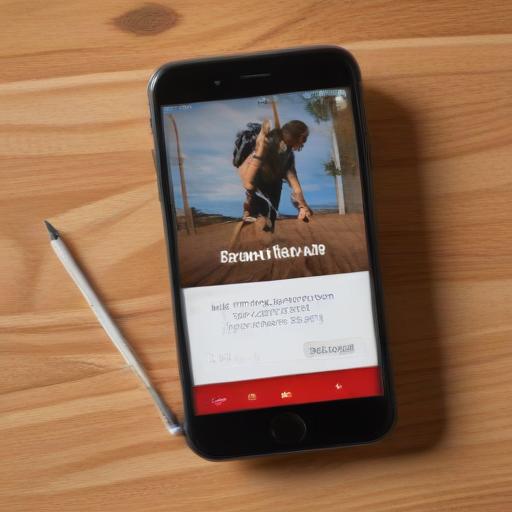Sorority recruitment at the University of Alabama — popularly known as Bama Rush — has evolved from a regional tradition into a national social-media phenomenon. What was once a campus week defined by coordinated outfits, rapid-fire conversation rounds and energetic bid day has become a viral spectacle, with TikTok hashtags like #bamarush and #alabamarush drawing millions of views since 2021.
The public-facing side of recruitment has launched some participants into new careers and exposure. Kylan Darnell, a Zeta Tau Alpha senior and former Miss Ohio Teen USA, posted a spontaneous TikTok during her first day of recruitment that exploded while she was still at orientation. That single video helped her grow to roughly 1.2 million followers and more than 82 million likes, a platform she says ultimately made her financially independent and helped fund college. Junior Kaiden Kilpatrick, who joined Zeta in 2023, has also built a sizable audience of her own, with more than 228,000 followers.
Both women describe conflicting realities. Social media gave them visibility, access and opportunities — Darnell even received an encouraging call from renowned broadcaster and fellow Zeta, Erin Andrews — and helped highlight how sororities can support driven, career-focused women. They point out that sororities emphasize GPA standards, philanthropy and leadership training, and that the houses have connected them with peers who push them academically and professionally.
But the attention comes at a cost. The recruitment process itself can be emotionally intense; a sorority coach quoted the week as “emotional boot camp” and “psychological warfare,” and the social-media amplification has exposed participants to relentless public scrutiny. Darnell says the comments and assumptions about her and her family’s involvement grew overwhelming, prompting her to post less. Kilpatrick warns that TikTok creates a “highlight reel” that can obscure the deeper purpose of recruitment — building real friendships and leadership skills rather than simply staging polished moments for viewers.
Both women worry that the toxic commentary and performative expectations may discourage future recruits from sharing their experiences publicly. “You have girls getting judged on what they wear, where they end up, and then complete strangers attack the sororities when things don’t go the way they expected,” Darnell said. Kilpatrick urged a different response: celebrating young people who put themselves out there in a high-pressure environment instead of tearing them down.
Why the spectacle? The mix of Southern campus traditions, high-production aesthetics and TikTok’s algorithmic appetite for emotionally charged, short-form video has turned recruitment into content that travels far beyond Tuscaloosa. That reach can be empowering for participants who use it to build careers or raise awareness about causes, but it also concentrates attention in ways that magnify pressure and invite public judgment.
Practical considerations and suggestions
– For students: set clear personal boundaries about what to share, and prioritize mental health during an intense week. Taking breaks from posting or moderating comments can help preserve privacy and reduce stress.
– For sororities and universities: consider offering media training and additional emotional support for recruits to help them navigate public exposure and criticism.
– For platforms and viewers: encourage more responsible engagement — recognizing that participants are real people, not content props, and avoid piling on harmful commentary.
Summary
Bama Rush has become a cultural touchpoint because social media made a traditionally regional ritual visible to a huge audience. That visibility has created opportunities — from career-building platforms to mentorship and lifelong networks — but it has also brought scrutiny and toxicity that can overwhelm recruits. The competing realities make clear that while the aesthetics and drama draw attention, the deeper value for many participants lies in leadership development, academic support and long-term friendships.
A hopeful note
Despite the pressures, many sisters report that the community and leadership opportunities gained through sororities are meaningful and lasting. If recruits, houses, universities and viewers work together to protect participants’ well-being and refocus attention on the underlying values of service and leadership, the tradition can evolve into a healthier, more constructive moment — one that showcases accomplishment and camaraderie rather than only spectacle.
Additional comment
Consider including resources in the article — links or references to campus counseling services, sorority alum networks, or social-media safety guides — so readers who are prospective recruits or parents can find support and guidance during recruitment.
